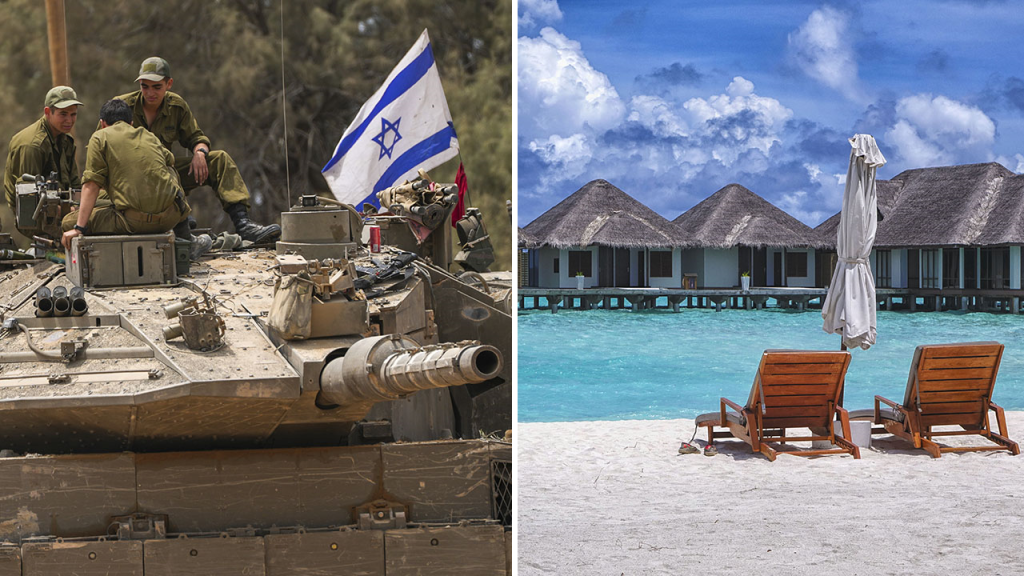The Maldives recently made the decision to ban Israelis from entering the country in response to the conflict in Gaza. President Mohammed Muizzu enacted the ban following a recommendation from his cabinet, which also included measures such as amending laws to prevent Israeli passport holders from entering the Maldives. Additionally, the President appointed a special envoy to assess Palestinian needs and set up a fundraising campaign to support Palestine, as well as a nationwide rally in solidarity with Palestine. The ban on Israelis has sparked a response from Israel’s foreign ministry, advising Israelis to stay away from the Maldives due to potential difficulties in receiving assistance if needed.
The United Nations Relief and Works Agency for Palestine Refugees in the Near East (UNRWA) has faced allegations that some of its employees participated in Hamas’ attack on Israel in October, leading to the conflict in Gaza. The U.S. State Department, which has provided foreign assistance to the Maldives in the past, has not yet commented on the ban. The Maldives, a predominantly Muslim country, designates Islam as the state religion and requires citizens to be Muslim, with propagation of any religion other than Islam considered a criminal offense. Despite the ban on Israelis, around 11,000 Israeli tourists visited the Maldives last year, accounting for a small percentage of total tourist arrivals.
Rev. Johnnie Moore, president of The Congress of Christian Leaders, criticized the ban on Israelis, stating that if the Maldives are not safe for Israelis, then they are not safe for anyone. He issued a global travel warning for Christians, warning them against feeling safe in a country where Islamic extremists influence national policy. The ban on Israelis raises concerns about religious freedom and security in the Maldives, especially for minority groups like Christians. The decision to ban Israelis highlights the ongoing tensions in the region and the challenges faced by countries seeking to balance international relations with domestic religious laws.
The ban on Israelis in the Maldives reflects broader issues of religious unity and protection of Islam as the state religion. The decision to enact the ban was met with mixed reactions, with some supporting the government’s stance on the conflict in Gaza, while others criticized the move as discriminatory. The ban on Israelis has implications for international relations and diplomacy, as well as for tourism and economic interests in the Maldives. The conflict in Gaza has sparked global debates on issues of antisemitism, religious freedom, and human rights, with countries like the Maldives facing pressure to take a stand on the conflict and its impact on international relations.
As the Maldives moves forward with the ban on Israelis, there are concerns about the implications for tourism and foreign relations, as well as for the broader issue of religious unity and tolerance within the country. The ban has drawn attention to the complexities of balancing domestic laws with international relations, and the challenges faced by countries in responding to conflicts like the one in Gaza. The decision to ban Israelis from entering the Maldives reflects the government’s position on the conflict and its commitment to supporting Palestinians, but also raises questions about the impact on religious freedom and security in the country. Moving forward, the Maldives will need to navigate these complex issues and consider the broader implications of its actions on both domestic and international levels.


